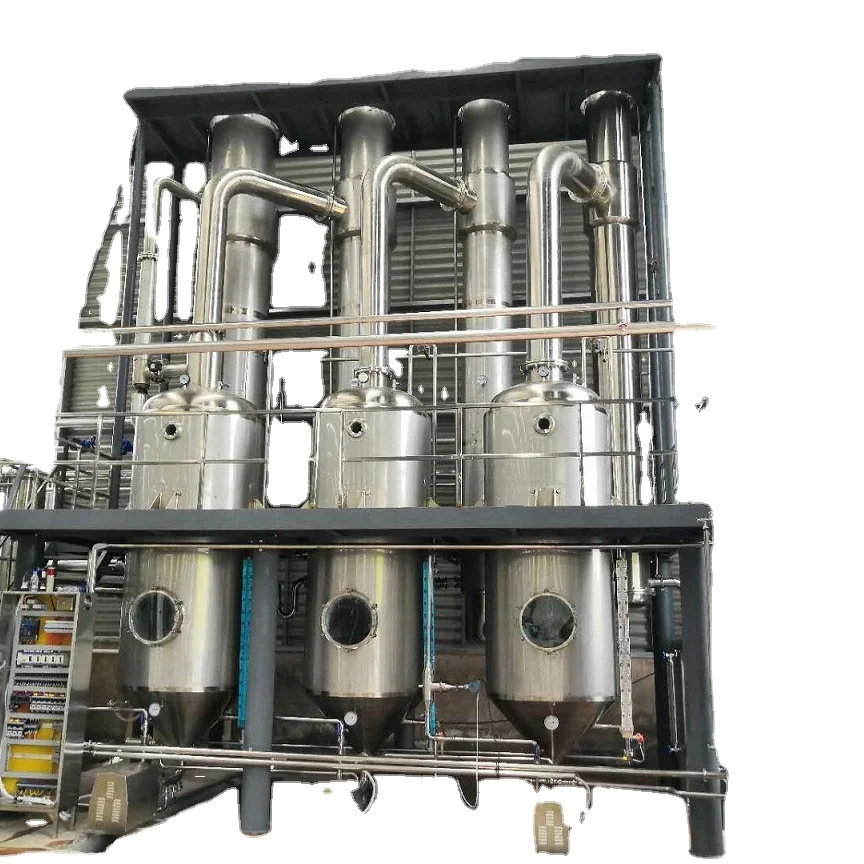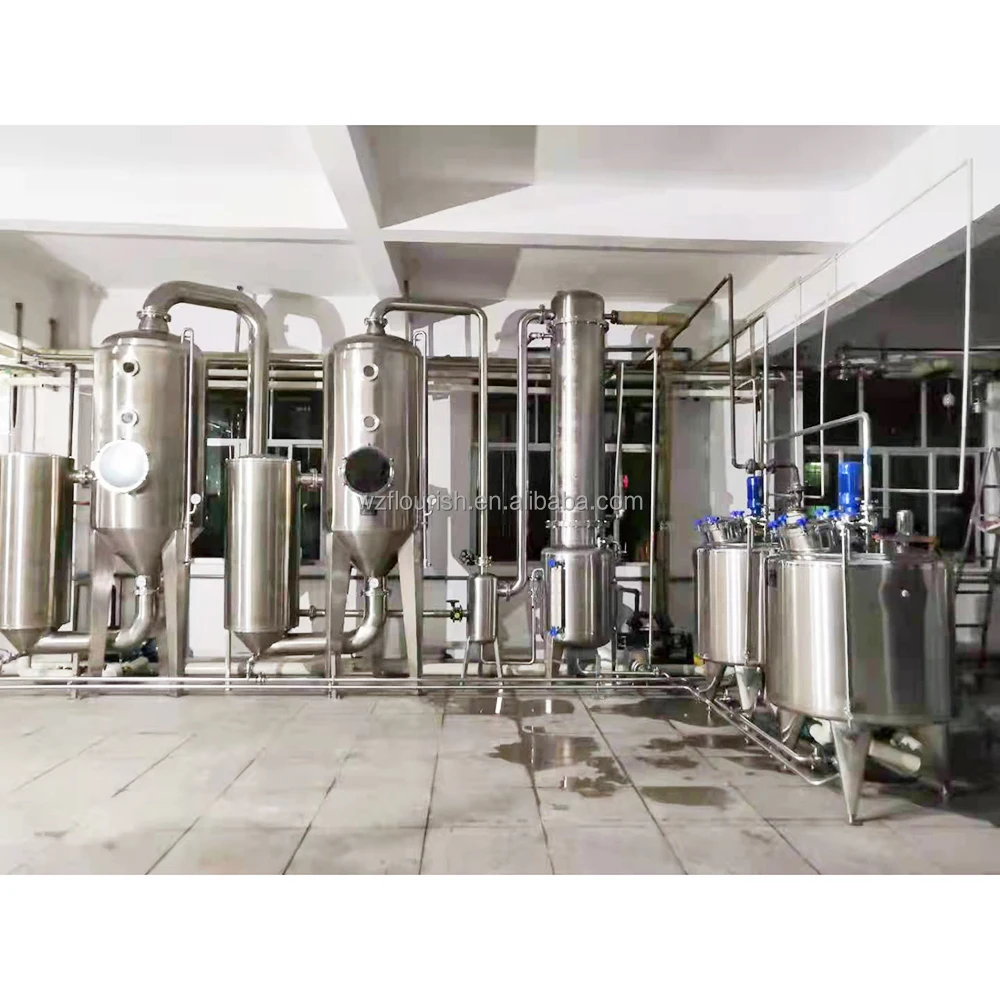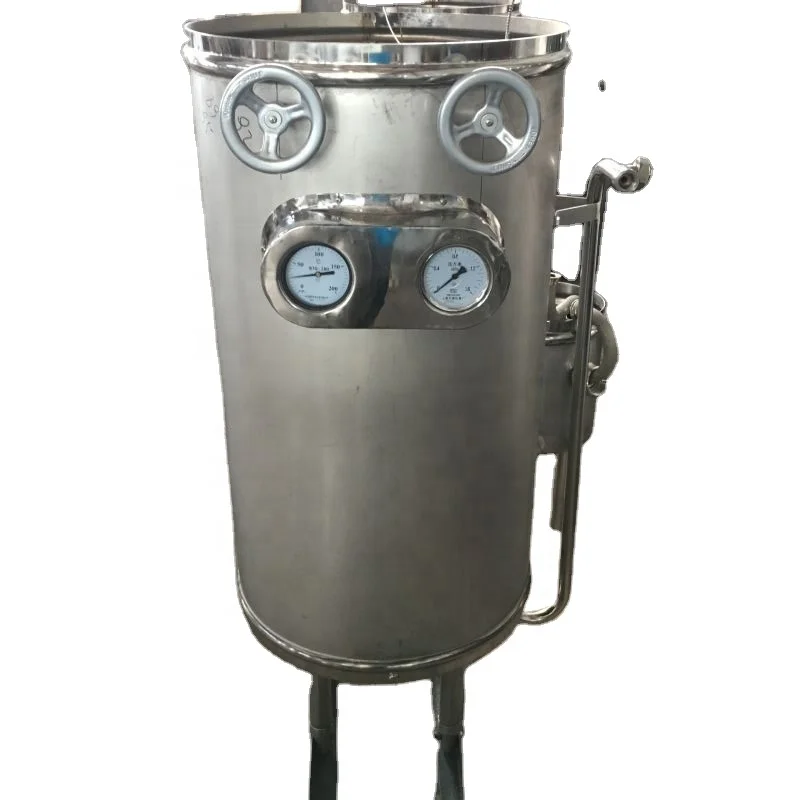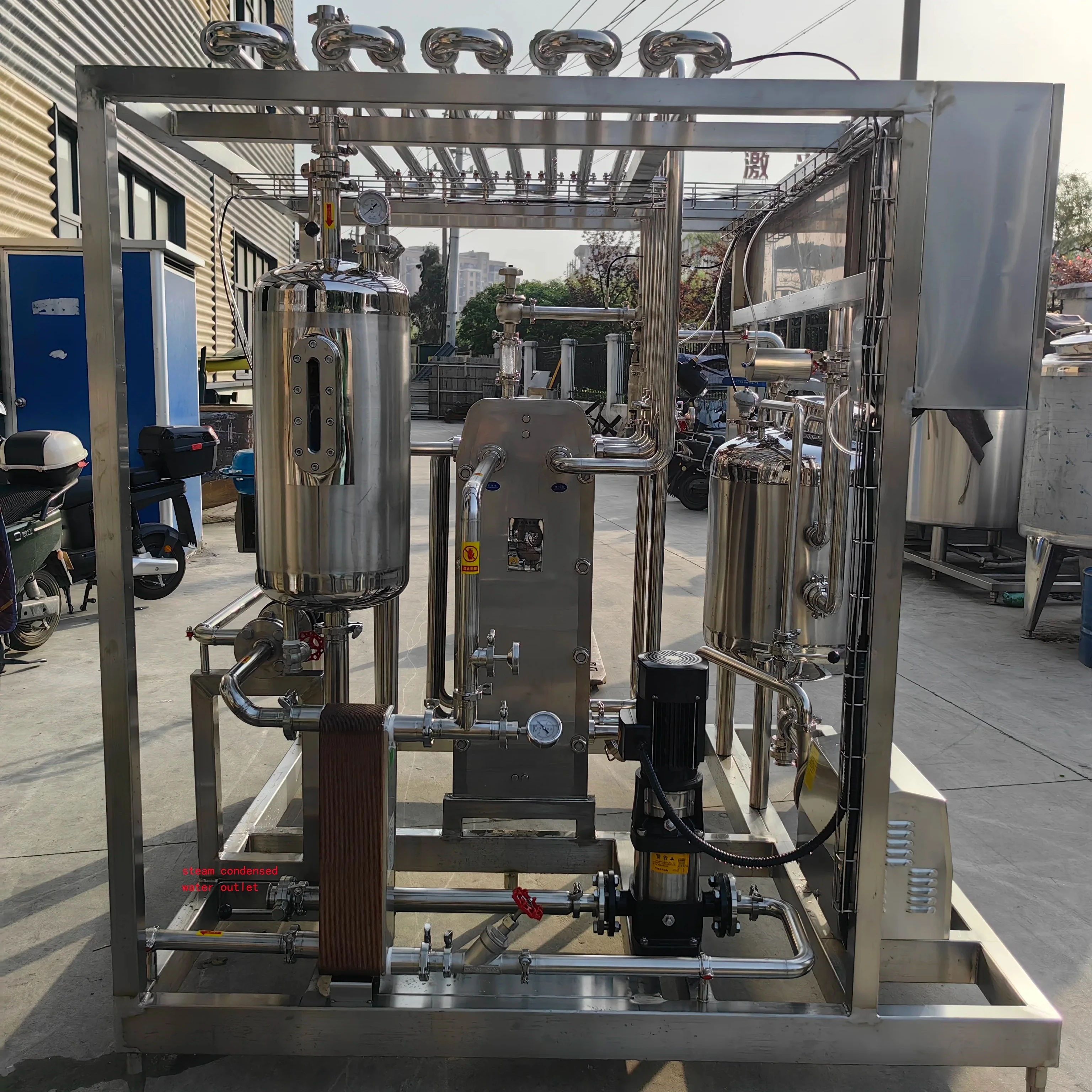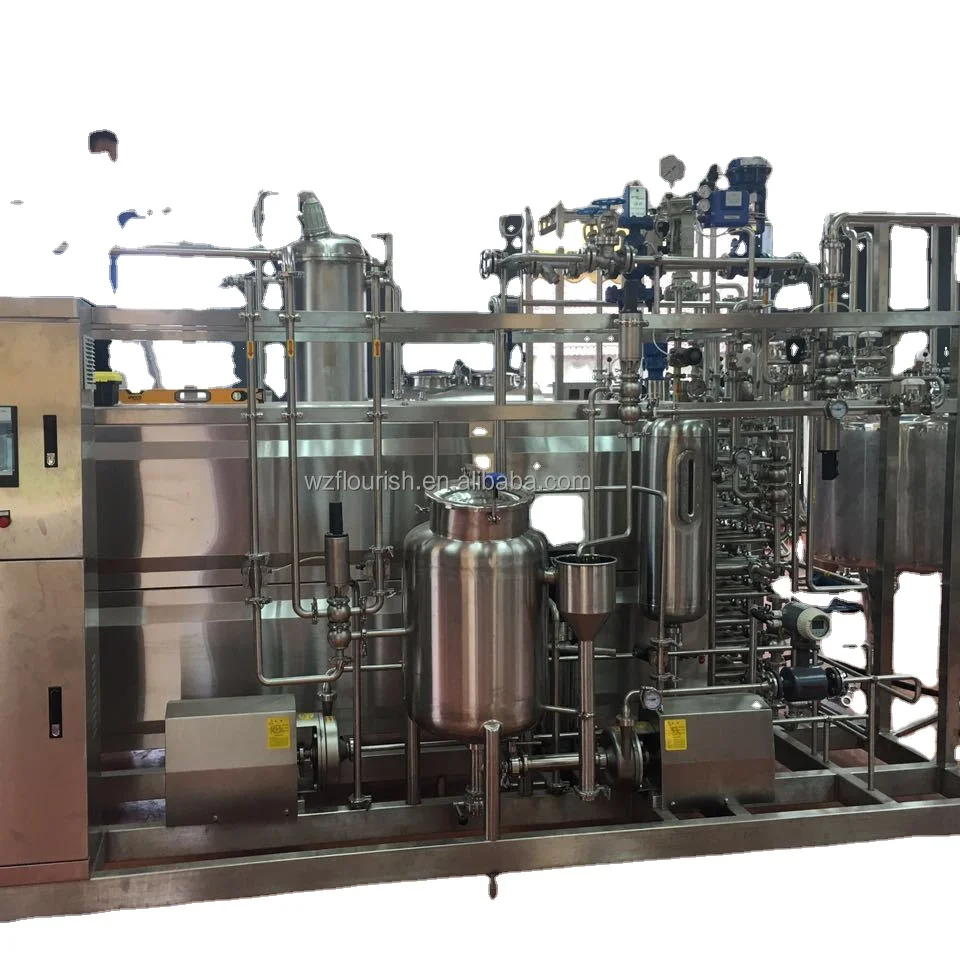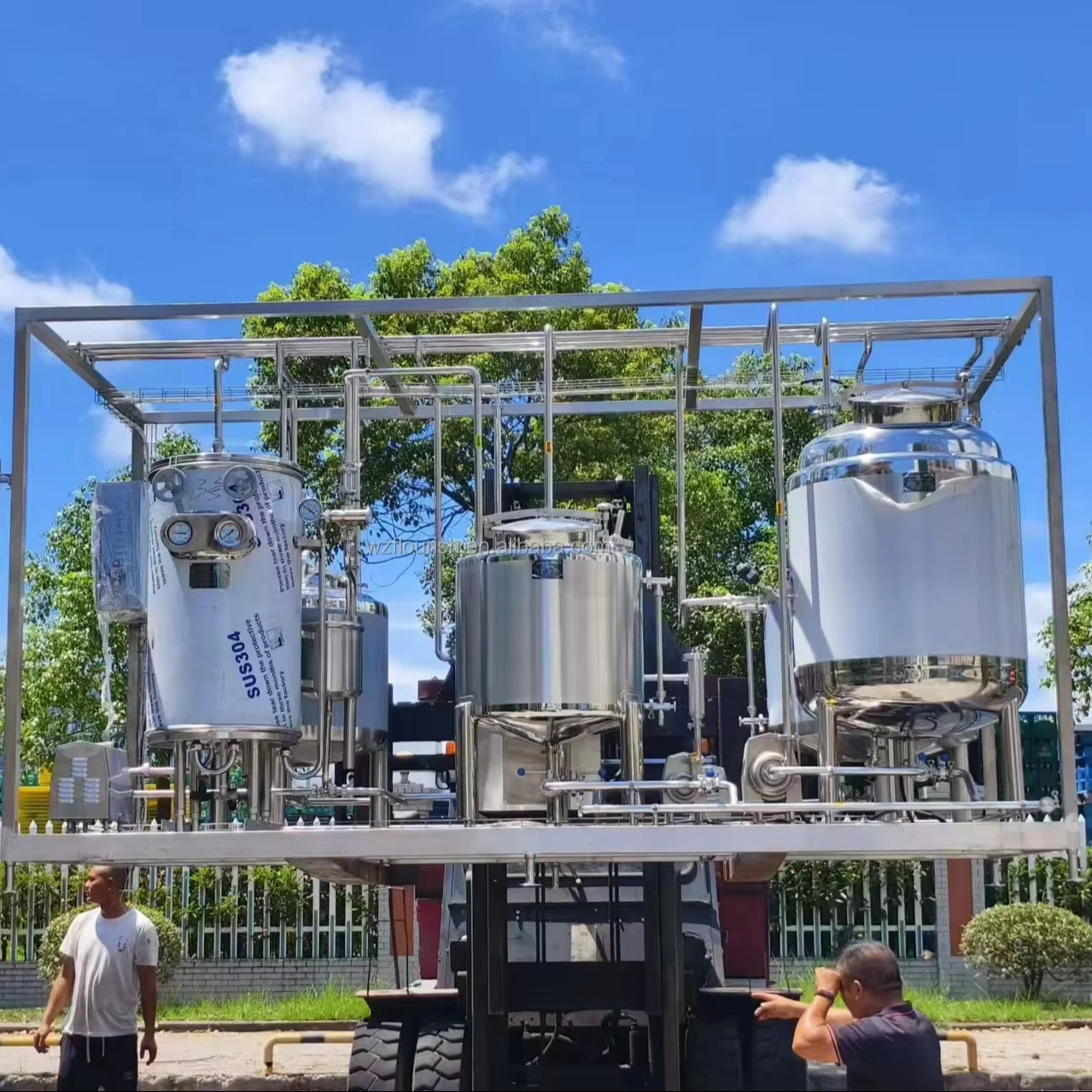ABOUT
Wenzhou Vince Machinery Science Co., Ltd. was established in early 1980s. Our company covers an area of 6500 square meters and is an independent legal representative firm, possessing rich economic technology strength. Our company is a high tech enterprise and plays an important role in national dairy, foodstuff, pharmacy and machinery industries. We are a beverage machinery supplier.
Since the establishment, our company has mainly engaged in dairy products, foodstuff, beverage machinery, bean products, yellow wine, medicines and fermentation projects. What's more, our company supplies a complete sequence services in manufacturing, installation, test and personnel train, as well as the whole direction service design and consulting service on product project construction or enlargement artistic distribution engineering sets budget.
PRODUCTS
The Role of Fermentation Tanks in Food Innovation
Fermentation, a process involving the conversion of sugars into alcohol and carbon dioxide by microorganisms, has long been a cornerstone of food production. From the ancient Egyptians crafting beer to modern-day cheesemakers, fermentation has shaped our culinary landscape. But in recent years, a revolution has been brewing in the world of food innovation, and at the heart of this revolution are fermentation tanks. These seemingly simple vessels hold immense potential, unlocking new flavors, textures, and nutritional profiles in food, pushing the boundaries of culinary creativity.
A Playground for Microorganisms
Fermentation tanks are essentially controlled environments where microorganisms, like bacteria and yeasts, can flourish. They provide a space for these tiny organisms to work their magic, transforming raw ingredients into unique and delicious products. These tanks come in various sizes and configurations, ranging from traditional wooden barrels to modern, temperature-controlled stainless steel tanks, each tailored to specific fermentation processes.
The versatility of these tanks allows for a wide array of fermentation techniques, from the slow, traditional methods like sourdough bread baking to rapid, controlled fermentation processes used in creating kombucha and kimchi. Each tank can become a microcosm of biodiversity, housing a specific community of microorganisms that interact with the food, contributing to its unique flavor and texture.
Unleashing New Flavors and Textures
Fermentation tanks are instrumental in shaping the flavor profiles of food. Microorganisms produce enzymes that break down complex molecules in food, releasing volatile compounds that contribute to the taste and aroma. This process can transform bland ingredients into complex and nuanced flavors, as seen in the tangy richness of fermented cheeses or the complex, earthy notes of fermented soy products.
Beyond flavor, fermentation tanks also play a crucial role in altering food texture. Microorganisms can break down proteins and starches, leading to changes in consistency. Think of the smooth creaminess of yogurt or the chewy texture of sourdough bread – all products of fermentation. Fermentation can also create unique textures like the effervescence in kombucha or the crispy crunch of kimchi, adding another dimension to the eating experience.
Beyond Flavor: The Nutritional Power of Fermentation
Fermentation tanks aren't just about culinary innovation; they also contribute to the nutritional value of food. The microbial activity during fermentation increases the bioavailability of nutrients, making them easier for our bodies to absorb. For example, fermentation enhances the absorption of vitamin B12 in tempeh, a fermented soybean product. Additionally, fermentation creates probiotics, beneficial bacteria that contribute to a healthy gut microbiome, further enhancing our overall well-being.
The Future of Food: Innovation Through Fermentation
Fermentation tanks are at the forefront of a culinary revolution. With their ability to unlock new flavors, textures, and nutritional profiles, these humble vessels hold immense potential for food innovation. We can expect to see a surge in fermented foods, from plant-based meat alternatives to innovative dairy-free products, as chefs and food scientists explore the limitless possibilities of fermentation. As our understanding of fermentation processes deepens, we can expect to see even more exciting innovations, further pushing the boundaries of taste, texture, and nutrition.
SUBSCRIBE
INQUIRY

